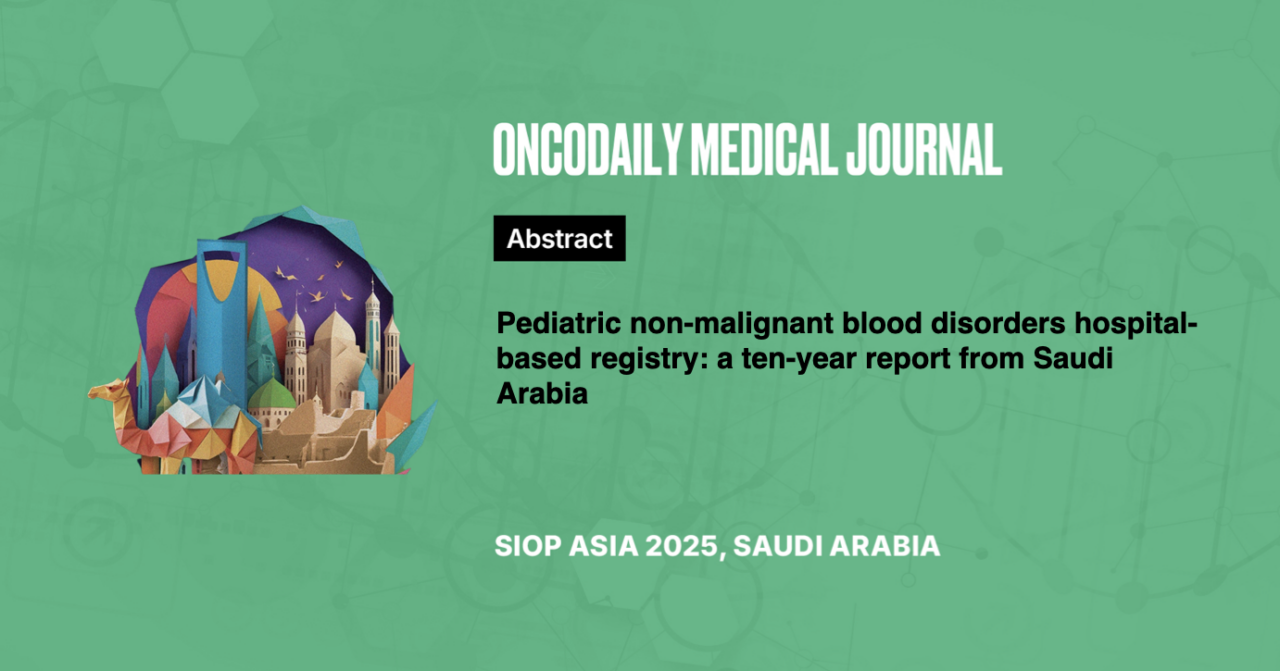Child Life Services and its impact on Pediatric Oncology Patients and their Parents
Abstract
Introduction: Pediatric patients fighting with cancer and their families go through challenges in their entire journey encompassing medical, physical, psychological, and social stressors. CLS being a major component of psychosocial care serves a huge role in taking care of the emotional and psychological needs of patients and their families through comprehensive interventions. This study explores the significance of child life services provided at Indus Hospital, focusing on their effectiveness in improving stress, satisfaction, and fostering resilience among pediatric oncology patients and their families. The objective of the study was to explore the impact of CLS on patients & their families.
Methodology: Responses of 10 parents of pediatric oncology (BALL) patients were analyzed using thematic analysis using a structured questionnaire. Study was IRB approved.
Results: This first-of-its-kind study from Pakistan highlights the transformative impact of CLS on pediatric oncology patients and their families, aged 2–15 at IHHN. 90% of parents reported being “very satisfied” with CLS. Key impacts included emotional relief 10%, practical guidance 30%, and therapeutic play 20%, which helped patients and caregivers ease their anxiety and feel empowered. Parents appreciated India’s unique holistic approach, contrasting it with the emotional isolation experienced in other hospitals. CLS interventions fostered resilience, optimism, and informed decision-making, setting a benchmark for psychosocial care in pediatric oncology across low-resource settings.
Conclusion: This study establishes CLS as an essential component of pediatric oncology care in Pakistan, reflecting its profound impact on emotional well-being, empowering families, and treatment compliance. CLS at Indus Hospital plays a transformative role, addressing not just clinical needs but also the emotional and psychosocial challenges faced by families. The findings of the study highlight the need to integrate holistic, psychosocial care into healthcare systems, particularly in low-resource settings. By bridging gaps in care, this initiative lays the foundation for a new standard in pediatric oncology.





